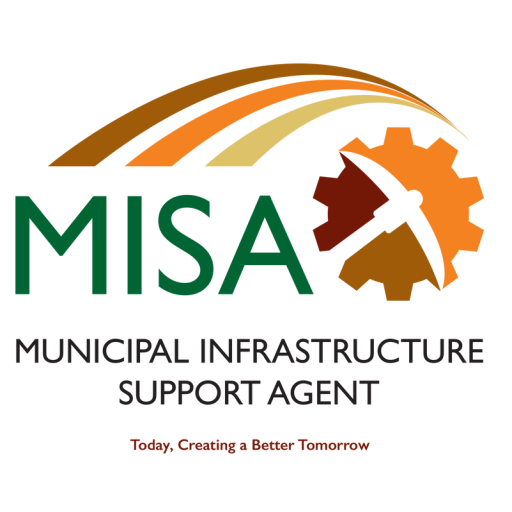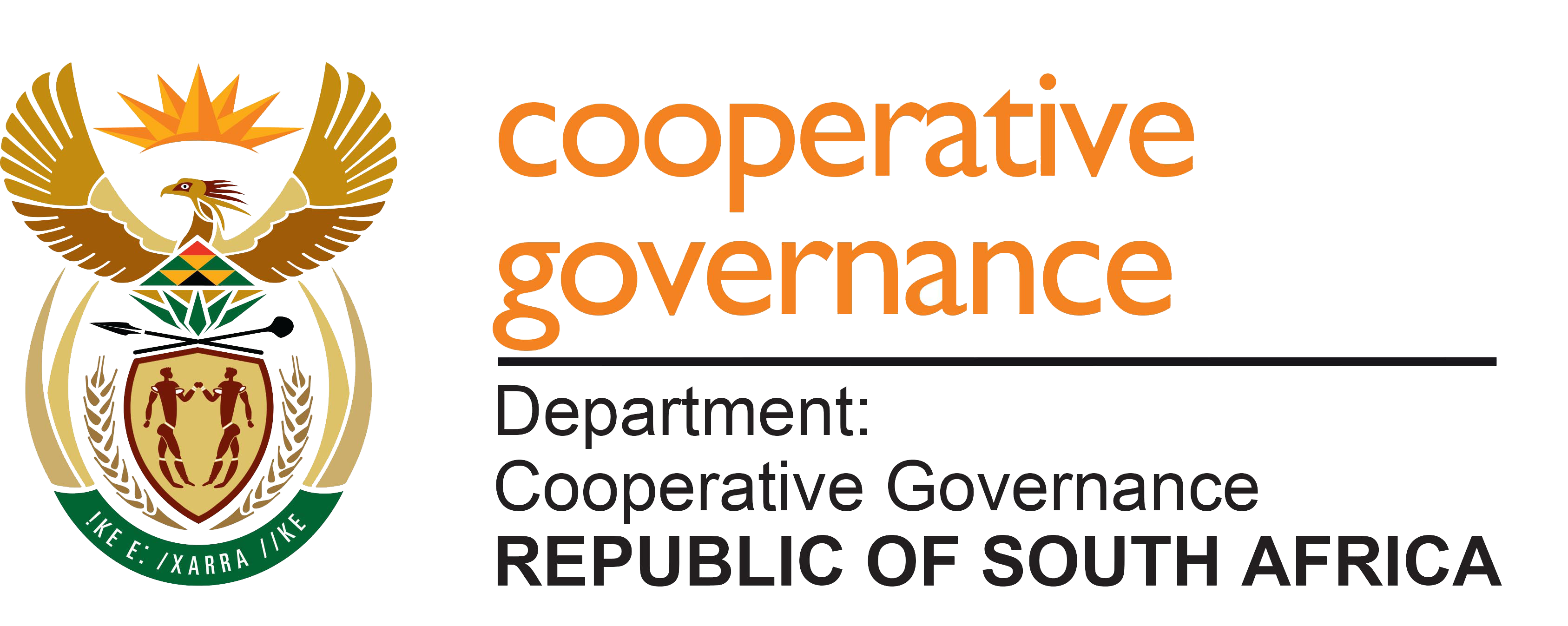Remarks by Minister of CoGTA, Dr Nkosazana Dlamini Zuma
Eastern Seaboard Development Imbizo:
The Mainstreaming of Women, Youth and Persons with Disabilities
The Great Kokstad Youth Centre, Harry Gwala District Municipality
29 March 2022
____
Programme Director
Minister in the Presidency, Mr Mondli Gungubele
Minister in the Presidency for Women, Youth and People with Disabilities, Ms Maite Nkoana Mashabane
Premier of KwaZulu-Natal, Mr Sihle Zikalala
MECs in attendance
Executive Mayor of the Harry Gwala District Municipality, Cllr Zamokwakhe David Nxumalo
Local Mayors and Councillors
Traditional, religious and community leaders
Directors General present today
Officials from various government departments and municipalities
Women, youth, and persons with disabilities representatives
Members of the media
Ladies and gentlemen
Good morning. Since it is the first time in just over two years, we have had the opportunity to engage with you in this physical manner and fashion, I wish to also thank the presidency and organisers of this outreach to Harry Gwala District Municipality. As a resident I should also extend my warm arms of welcome to my colleagues from national and the province to this beautiful part of our country, which boasts the cleanest air in our country, if not continent.
I am certain, outside the intrusive potholes, you enjoyed the scenic views and drive to this great place named after one of the most important traditional leaders of the Khoi and Nam, who was the founding father of the Griqua people. It is therefore fitting that in the first year of the implementation of the Traditional and Khoisan Leadership Act, we find ourselves here in this town, which remains a great symbol of the dispossession and triumph of indigenous people.
I say so because, as scholars would let you know the Griquas suffered triple dispossession, starting with Adam Kok I and his people’s first dispossession in 1771 of their land near Piketberg outside present day Saldanah Bay. After that dispossession Adam Kok and his followers embarked on a long but familiar trek to what is Stinkwater Farm in the Southeast of the Northern Cape. After two generations, under the leadership of Adam Kok III the interests and land of the Griqua had expanded to what is present day Kimberly. Again unfortunately because of the discovery of diamonds in Kimberly they were forced to cede their land to the Free State Government for a mere four thousand pounds. Thus, forcing them to trek in 1861 to this South part of uKhahlamba Mountain range, which is known as the barrier of spears. Only to be dispossessed again 14 years later by Sir Henry Barkly, who summarily rode into town one day and declared the area under Crown Supervision. Because of that he instructed the settlers to build their settlement in the town square. By which time Adam Kok III had passed on leading the Griquas to lose their land. Therefore, they once again trekked South to what is present day Pletternberg Bay.
I detail this history, not merely for the love of history and tales. The DDM approach demands of us to identify the unique endowments of each of our districts and localities, whilst drawing complementarities of the neighbouring and distant economies. Seldom do decision makers and planners view our heritage, cultural and artistic assets as core to the endowments of the area. Yet they are a critical foundation to the ethos and way we must direct our economies and create linkages amongst them. Thus, given this history we must understand how to create those linkages that can connect our economies. The trade linkages that must have existed in the times of Kok must be resuscitated and modernised such that we can grow our economies in complement to each other and not in competition with each other.
Programme Director, it is therefore the role of the COGTA family and the Presidency to play the role of the music conductor to ensure that each note and instrument plays in melodic harmony and in complement to each other. Of course, as in every orchestra the flair of each instrument and note must emerge, but a solo note alone makes no impact to ear and mind. Music demands, harmony, and precision timing as well as execution. In piecing together those harmonies, no instruments and no players are left behind.
Therefore, as the Minister of Women, Youth and Persons of disability will tell us shortly, we must ensure those important constituencies are not left behind because in fact they are the majority in our nation. Yet, they face higher rates of victimisation and abuse and tend to be over-represented among the poor, hungry and economically excluded. This means as a caring government, we have the responsibility to build their resilience to fight against vulnerability.
This means, in the context of disaster management, we are obligated to improve their physical, social, economic, and environmental conditions. Such that the negative impacts of hazards and disasters are minimised or avoided.
It is therefore also fitting that our first public engagement to mainstream youth, gender, and disability in the DDM, happen in a District named after our revolutionary stalwart Comrade Harry Gwala, whom we affectionately referred to as “uMunt’omdala” or “The Lion of the Midlands”.
Despite his age, he always exhibited a youthful heart, spirit and bravery best displayed by the lion. He coined the phrase ‘once a youth always a youth’ and he was very instrumental in establishing the Youth League in Natal in 1948 wherein he deputised Jordan Ngubane who was Provincial President. Even then he was an agitator for change and grew very impatient with the slow pace of Ngubane’s leadership, often choosing to walk out of indecisive and non-action orientated meetings. Indeed, Harry Gwala was cut of a unique cloth of activism and was a firm believer in the Marxist theory of “from each according to his ability, to each according to his needs”.
But he understood the objective and subjective realities confronting our society thus he once commented that “the primary task of the party, has always been that of overthrowing capitalism and proceeding to socialism, but there is no straight path to that. You have to pass through a number of phases”. Thus, you will see that in the construct of the DDM and the Eastern Seaboard Development we have reimagined the area which includes this district as an egalitarian society, where women and children are safe.
After all, “uMunt’omdala” was also a gender sensitive leader who empowered many young women leaders during his time as a leader here in what was the Midlands. 53% of the people in Harry Gwala are women, thus, in building on the natural endowments of this region, which includes clean air, flora, fauna, wind, tourism, agriculture, mining, and forestry, we dare not leave women behind. To enable these and other sectors we must build and maintain the enabling and connecting infrastructure, which includes, roads, water, energy, rail, and ICT. These can assist in leapfrogging and sustaining our development whilst attracting investment. No investor once to jump over sewer water or be confronted by no roads or potholes on the way here.
Programme Director, we must also remember that Harry Gwala also understood the significance of local government, thus at one time he was an organiser for the Municipal Workers Union. Therefore, to get our infrastructure needs right we all have an obligation to support municipalities. For our part we have deployed the available technical expertise such as engineers, environmentalists, and planners, within our available means.
Thankfully, I have counted more 13 national and provincial departments including the Investment and Infrastructure office in the Presidency and the Office of the Premier. Finally, it is my hope that from this Imbizo we could have an expanded and fully functional District Hub, through deployments from these committed departments and institutions. It is these sector departments that carry the requisite and expansive technical expertise to propel this district to the dizzy economic growth heights it should be experiencing.
Programme Director, in an interview with Tony Karon in 1989, Harry Gwala had this to say of his childhood, “at about the age of 12, I went to my father’s place. My father was a well-to-do peasant, as it were – he was hiring other people to do casual labour for him, and so on. But he was a cripple. Despite all that he did not want to feel that he was helpless, so he tried to do something for himself… That type of life left its own impression on my mind.”. Little did he know that he too would be struck by a motor neuron disease in the 1980’s which would rob him of the use of his arms. However, because he grew up in an enabling environment for a parent who has a disability, he too had the determination and tools to ensure that this did not deter him from working for the cause.
Thus, as we build this polycentric Eastern Seaboard Development with the four districts and 17 locals, let us ensure that it enables the participation and economic empowerment of people with disabilities.
Programme Director, in my introduction I said we were here just over 2 years ago on 15th October 2020. On that occasion we also came with the then District Champion for Harry Gwala, Minister Jackson Mthembu. At the conclusion of that engagement, Minister Mthembu committed that “We will return to specifically engage and work with local leaders, social partners and community structures in each of the four local municipalities to craft an integrated implementation approach to improve the lives of people in Harry Gwala District”. Unfortunately, due to COVID we could not return sooner. Regrettably we also return without him. However, we now return with the new champion. We are certain that Minister Mthembu will continue to guide us amongst the galaxy of our departed leaders.
I thank you.



